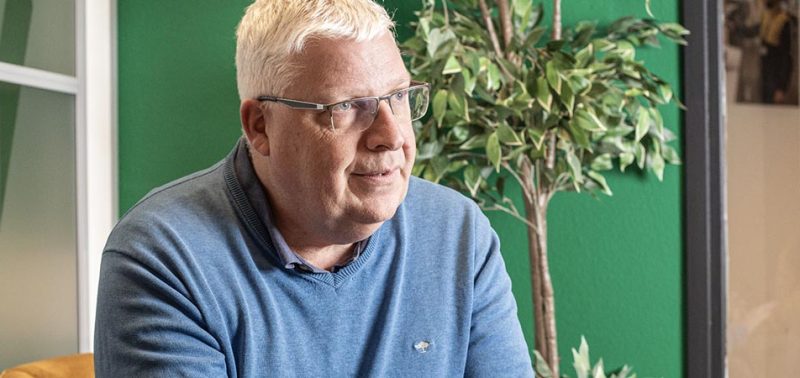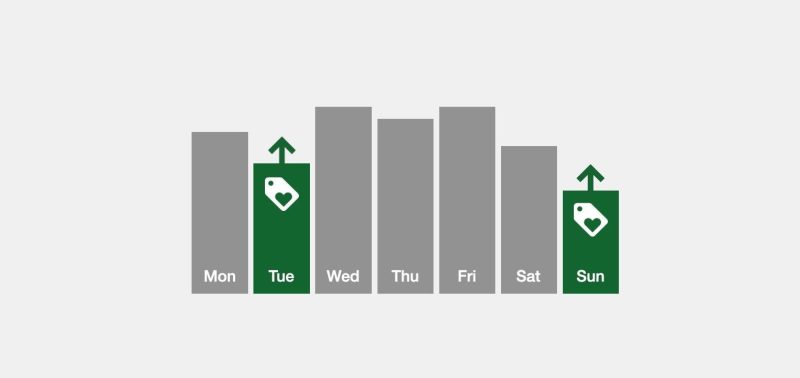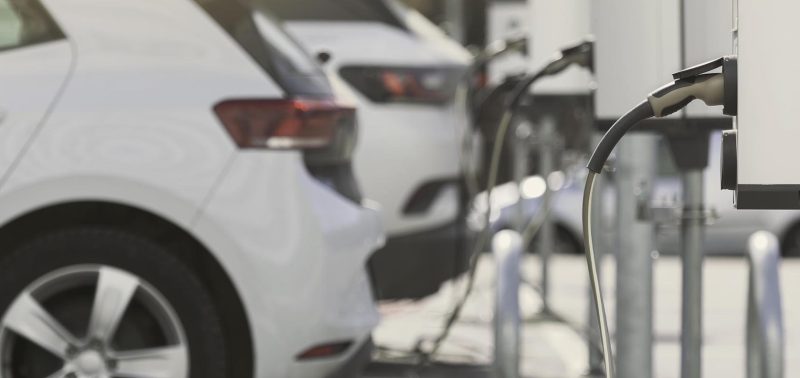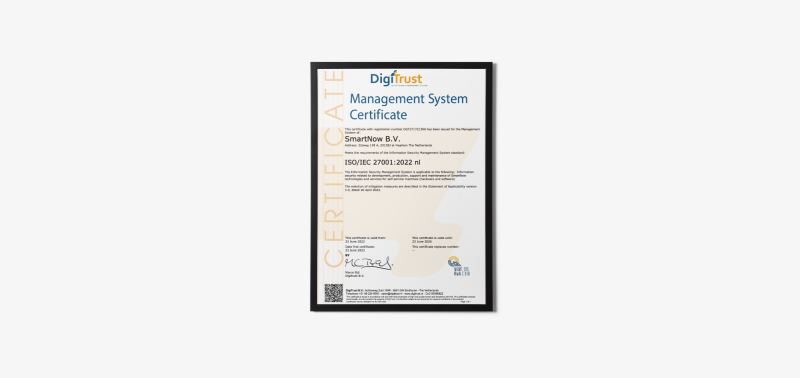Mobile payments and digital wallet apps on the rise
Let’s take a deeper look at contactless payments, specifically mobile payments and digital wallet apps. In Europe, the Netherlands and Sweden are leading in mobile payments. As for Sweden, no less than 95% of the population uses mobile payment apps. The Netherlands lead in making payments via their smartwatch: no less than 33% of all smartwatch-related transactions in Europe come from the Dutch. It’s no surprise that consumers in the Netherlands have used contactless payments since 2020 four times more often than they use cash.
Among the millions of European digital wallet users, the wallet of choice differs widely by country. Commonly used wallet apps include PayPal, ApplePay, and Samsung Pay. However, the use and preference for different providers varies widely by country and region.

Atze Faas, payment expert on the digital euro
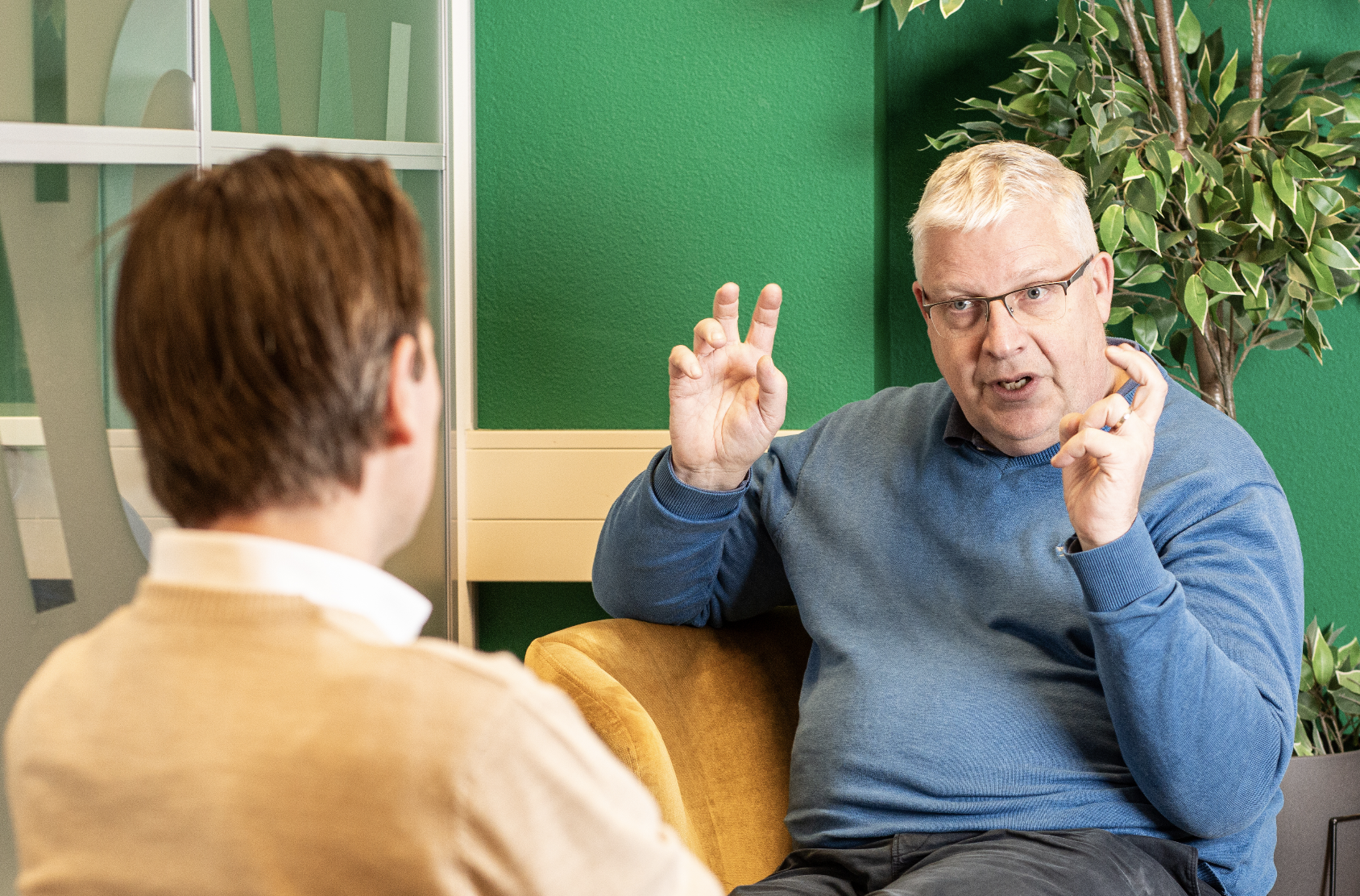
Retailers should prepare by staying informed and embracing the digital euro’s potential despite concerns about competition with private banks. The benefits for retailers are clear: the digital euro should offer lower transaction costs and reduced reliance on expensive non-EU providers like PayPal and Visa. For retailers and advocacy groups, I think embracing the digital euro will benefit both consumers and retailers in Europe.
Despite media negativity and privacy concerns, I see privacy as a non-issue compared to the current landscape with commercial US entities like Mastercard. Expect the digital euro in at least two more years, around 2026 or 2027, provided the legislative framework and ECB preparation phase are successfully completed.”
Payment options preferences that stand out
There are some surprises too. If you are planning to visit Germany, it is still recommended that you bring cash with you. The German Bundesbank’s sixth study on payment behavior in Germany found a fall in cash used but concluded that cash is still the primary payment, with 58% of all payments. That’s a large number compared to some other countries in Europe. The study mentions that Germans prefer to pay anonymously; they feel that cash is not subject to technical issues, and they have more control over their spending.
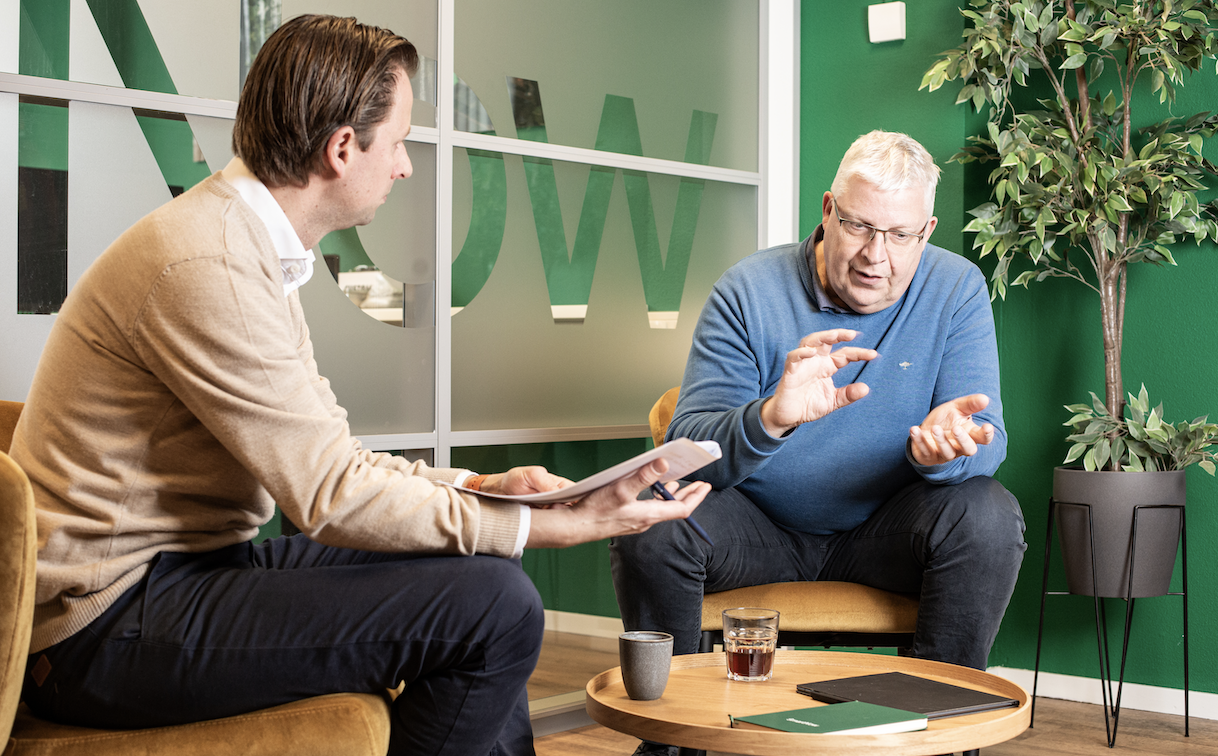
Spain also has notable payment preferences, with more than 14 million people now using a mobile payment application. A 2023 publication by Telecoming shows that Spain is number 3 on the list with the highest number of contactless payments in Europe, after the UK and France.
Atze Faas on the impact of the digital euro for retailers
“Let’s discuss self-service machine payments and the digital euro. Overall, I see that non-cash transactions are increasing, but research tells us that about a quarter of the market still prefers cash or cards. I believe the digital euro is set to enter the payment mix, though it faces hurdles.
The project has faced initial challenges and negative press. Additionally, right-wing nationalist politics seem to oppose the digital version of cash . It’s a critical moment; a more positive perspective on the digital euro is necessary to avoid its failure.”
How this applies to managing your self-service machines
Looking at these numbers, we share three main conclusions. Firstly, the overall trend is clear. There is a steady decline in the use of cash in the majority of European countries, and there is no doubt that the number of cash payments keeps declining, and the role of cash will change. Your self-service machines should reflect this trend, so if you still have cash-only machines, you’re missing out on revenue.
Secondly, countries have a very wide range of payment option preferences, even among demographics within countries. That means it’s not enough to offer a selection of payment providers. The only way to move forward is to be flexible and able to adjust quickly to relevant payment trends.

Third and lastly, we’ve seen fast adoption of new payment methods like mobile payments and digital wallets. With an innovation-led fintech sector, there is no doubt that we will see new payment options in the near future. One way to make your self-service machines future-ready is to implement a centralised and connected payment infrastructure that supports remote updates for new payment methods. When new payment technologies emerge, you’ll be the first to serve a new generation of customers.
Atze Faas on payment strategies for retail
“Consumers need to understand that payments aren’t free. There is a belief that paying with €50 cash costs €0, which is obviously not true. Every transaction has a cost. Innovations like buy now pay (BNPL) later create an illusion of a free service, despite costing up to 4% of revenue for retailers. Although Visa and Mastercard profit, it’s consumers and merchants who bear the costs.
Being transparent about transaction costs is crucial for retailers to reduce the costs associated with payments. Offering product discounts or surcharges can guide consumer behaviour because payment transactions aren’t free and consumers have a choice. It’s a hot topic since legislation, including European law, prohibits surcharging for some payments and in some countries even for all payment methods. But I still believe having the right to surcharge is the way to go.
Another suggestion concerns the globalisation of payment standards. While standardisation offers opportunities for international retailers, leveraging local options can be very beneficial. In this case, balancing costs with convenience and security is essential. Having all payment options might enhance the customer journey, but on the other hand, it leads to high costs. Conversely, focusing solely on the cheapest payment provider might compromise the journey and revenue. Finding that sweet spot for each country or even for each channel is the challenge.
Innovations continue to occur at a rapid pace. This market will change, and retailers must keep up. I believe the digital euro will impact this. One thing I suggest is that when setting up your payment infrastructure and strategy, consider using open standards or working with PSP orchestrators so you’re prepared and can more easily switch.
Finally, my advice is to get involved as a retailer in the discussions about legislation and standardisation of payment standards. Retailers and advocacy groups need a stronger presence in national and European discussions. Banking and consumer lobbies dominate, making it all the more crucial for retailers to be part of the conversation.”
About Atze Faas
Add cashless payment options to your self-service machines with SmartNow
We upgrade your existing machines with contactless payments and connectivity. For companies like IKEA, Circle K and Avolta, we take their machines into the digital age with added connectivity, new payment options, one unified dashboard and advanced integrations.
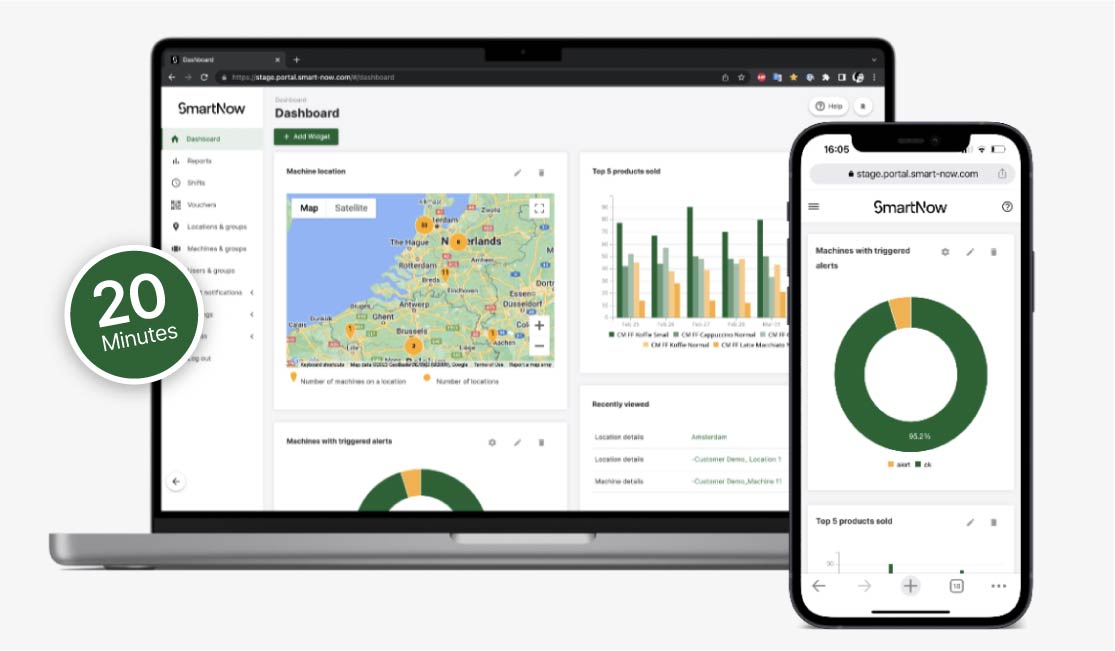
During a 20-minute demo call, we’ll explore digitisation use cases tailored to your company’s specific needs. Schedule your call today and learn more about the power of smart self-service machines.
